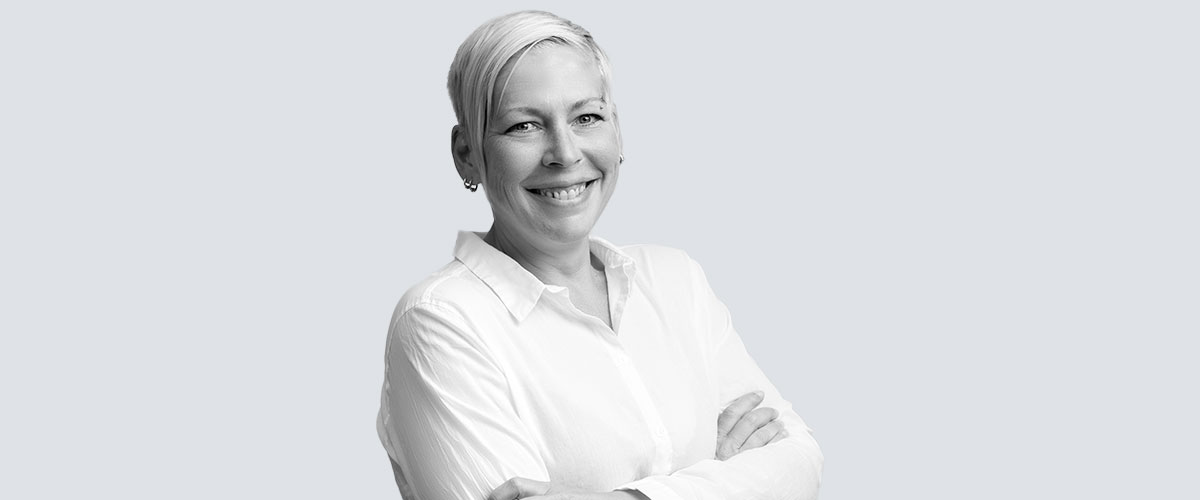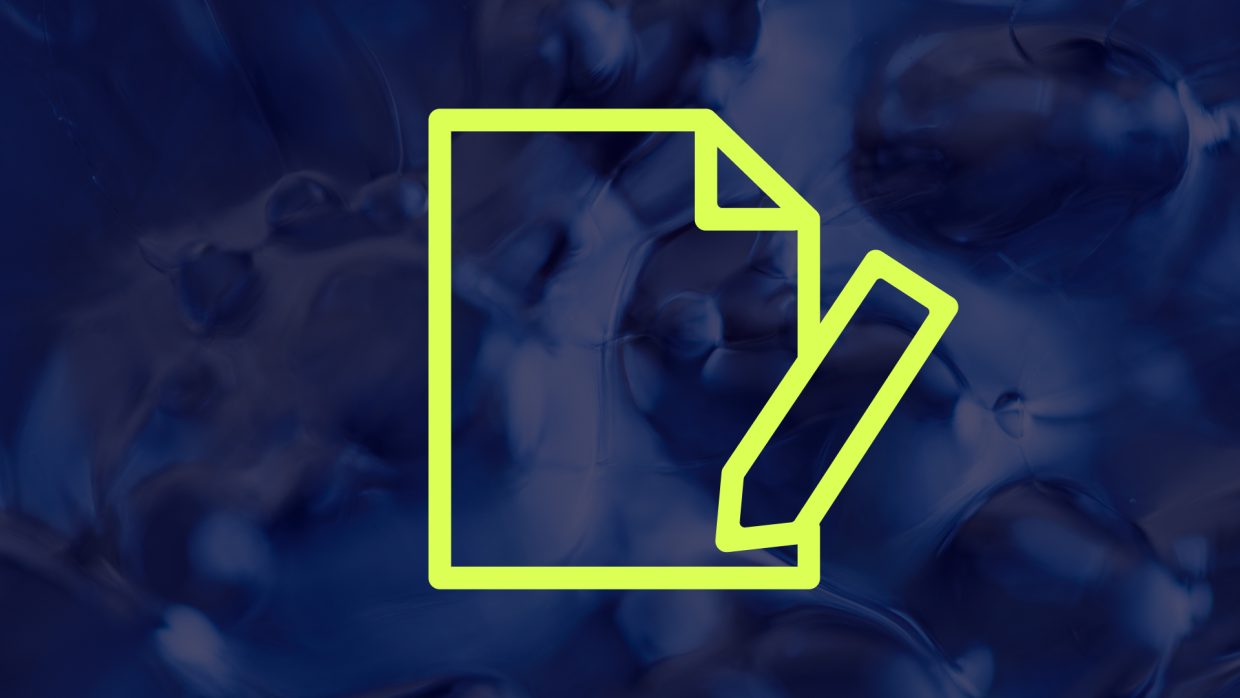In the dynamic world of modern business, the DevOps culture, as encapsulated by the Scaled Agile Framework (SAFe) version 6.0, champions the principle of relentless improvement.
This ethos not only emphasizes the continuous enhancement of processes, products, and services but also recognizes that such advancement often requires venturing into uncharted territories. Inherent in this pursuit is the willingness to take calculated risks—a fundamental aspect of fostering innovation and operational excellence. By embracing this mindset, organizations are better positioned to learn from failures, transforming them into stepping stones for success.

As we delve deeper into the Agile and Scaled Agile landscapes, it becomes evident that the DevOps culture is not just about integrating development and operations but also, among others, about creating an environment where learning from every outcome, especially failures, is the cornerstone of driving improvement.
Despite the acknowledged benefits of risk-taking for innovation and growth, individuals and teams may naturally hesitate to step outside their comfort zones due to fear of failure or repercussions. Agile methodologies and modern management practices, however, offer a solution by advocating for the creation of safe spaces within organizations. These environments empower employees to experiment, innovate, and embrace risks without the looming threat of negative consequences.
Furthermore, by actively involving employees in shaping the company’s vision, fostering their creativity, and promoting skill mastery, organizations not only enhance their collective capacity for perpetual improvement but also cultivate a sense of ownership and commitment among their workforce. This holistic approach aligns perfectly with the principles of Agile and DevOps cultures, where learning, collaboration, and continuous improvement are integral to achieving operational excellence and delivering value.
The journey toward true Agility often encounters a common misconception: that it is merely about adopting specific events and rituals. However, the heart of Agile transformation lies in embracing the Agile mindset. This profound shift in perspective is crucial for fostering an environment that encourages experimentation and risk-taking. The Agile mindset transcends conventional project management by advocating for a vision-driven approach to business and product development, rather than adhering to rigid, long-term plans. It encourages organizations to set a clear, compelling vision for the future while maintaining flexibility in short-term planning and execution.
By adopting an Agile mindset, companies commit to a strategy of vision-guided growth, coupled with short-term planning and an unwavering focus on relentless improvement. This approach positions them to adapt and thrive in an unpredictable future, rather than attempting to predict it.
Embracing the Agile mindset is not just a strategy but a fundamental change in thinking that empowers teams to navigate uncertainty with confidence, innovation, and a purpose-driven direction.
The real testaments to the success of this approach can be seen in several industries. Many organizations have turned risks and failures into significant breakthroughs and successes. These stories not only showcase the resilience and innovative spirit fostered by the Agile mindset but also highlight the transformative potential of learning from setbacks in a supportive, forward-thinking environment.

Stories of Spotify, Slack, and Monzo exemplify how embracing failure can pave the way for remarkable success. Spotify, now a titan in music streaming, initially faced skepticism and legal challenges, struggling to secure licenses and convince users to pay for music legally. However, by continuously refining its business model and leveraging data to personalize user experiences, Spotify turned potential failure into a global success story. Similarly, Slack began as a tool developed for internal use by a gaming company, Tiny Speck, whose main project failed. Yet, this failure birthed Slack, the communication platform that revolutionized how teams collaborate, demonstrating the value of pivoting based on learnings from setbacks. Monzo, a fintech challenger bank in the UK, initially encountered regulatory hurdles and skepticism regarding its digital-only banking model. Through relentless focus on customer experience and community-building, Monzo overcame these challenges, redefining banking for a digital age. Each of these companies, by navigating through their unique challenges and failures with an Agile mindset, not only survived but thrived, proving that setbacks can indeed be stepping stones to innovation and success.
Risk-taking, as an integral aspect of organizational learning, is profoundly amplified through the support of agile coaches and SAFe (Scaled Agile Framework) trainings that we as P3 offer to our clients. These professionals and methodologies enable organizations to embrace the philosophy of continuous exploration, which is pivotal within the DevOps culture. Agile coaches play a crucial role in this dynamic by facilitating a supportive environment where taking risks is not merely an occasional necessity but a continuous, integral part of the organizational culture.
Through training programs organized by experienced SAFe trainers from P3, employees gain a nuanced understanding of how to effectively balance the need for speed and innovation with risk management. This educational approach ensures that all levels of the organization are equipped to engage in and learn from every step of the development process, even when it leads to unforeseen challenges or failures. The continuous exploration facilitated by these training programs encourages organizations to not only react swiftly in times of crisis but to also proactively integrate risk-taking into their everyday business processes. By doing so, they foster an environment where learning from failures and successes alike becomes a lever for ongoing improvement and a catalyst for transformative change. Within P3, we have internalized this point to such an extent that we regularly do something called “Fuck up nights” – a company-wide meeting where everyone talks about their mistakes in projects – from management to interns. This culture of sustained agility and learning ensures that organizations not only survive but thrive by turning potential risks into opportunities for growth and innovation.
The journey toward organizational improvement and innovation is linked with the willingness to embrace and take smart risks within the framework of vision-guided practices. Organizations that cultivate an environment where experimentation is encouraged, and failures are viewed as valuable learning opportunities, position themselves at the forefront of their industries. By embedding this philosophy into their core practices, it is possible to navigate the uncertainties of the business landscape with agility and confidence, turning potential setbacks into powerful catalysts for growth and success. As we’ve seen through various examples in the IT, tech, and fintech sectors, such a mindset not only drives improvement but also paves the way for achieving remarkable breakthroughs. Therefore, organizations aiming for lasting success must integrate the principles of risk-taking and continuous learning into their DNA, ensuring they remain resilient and adaptive in the face of ever-evolving market demands.





